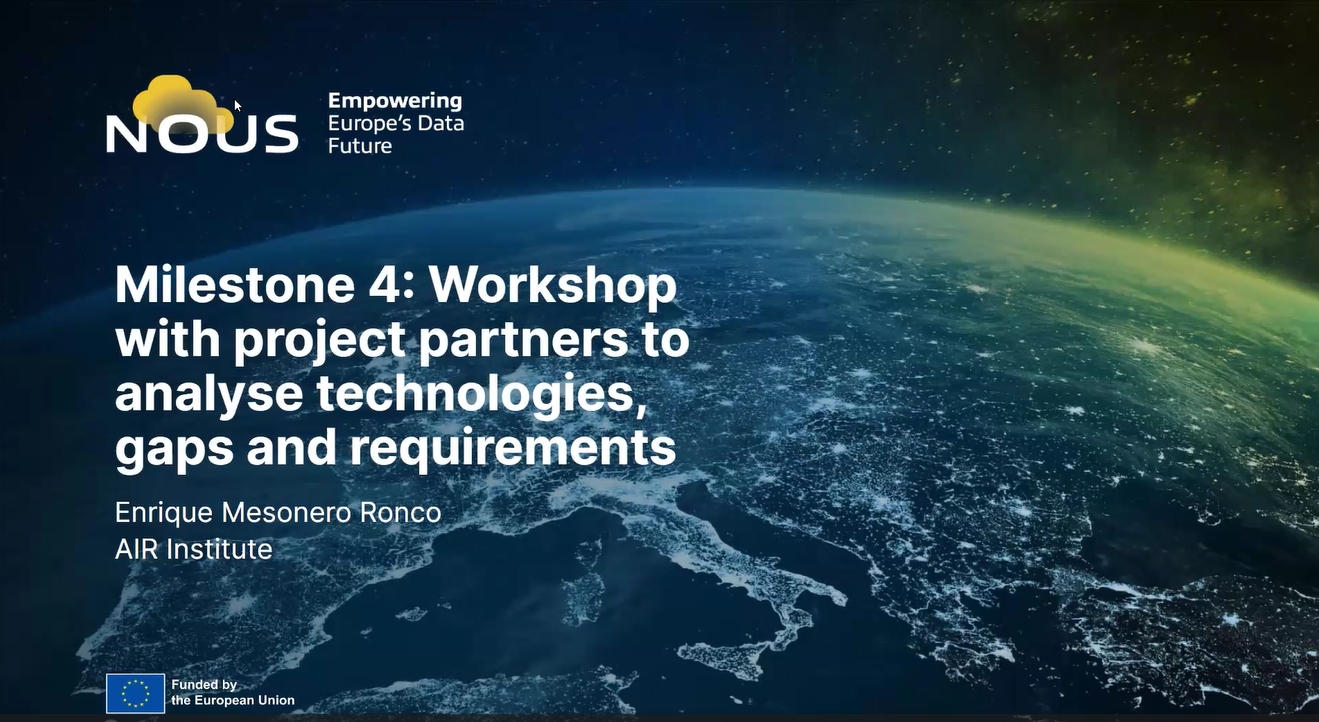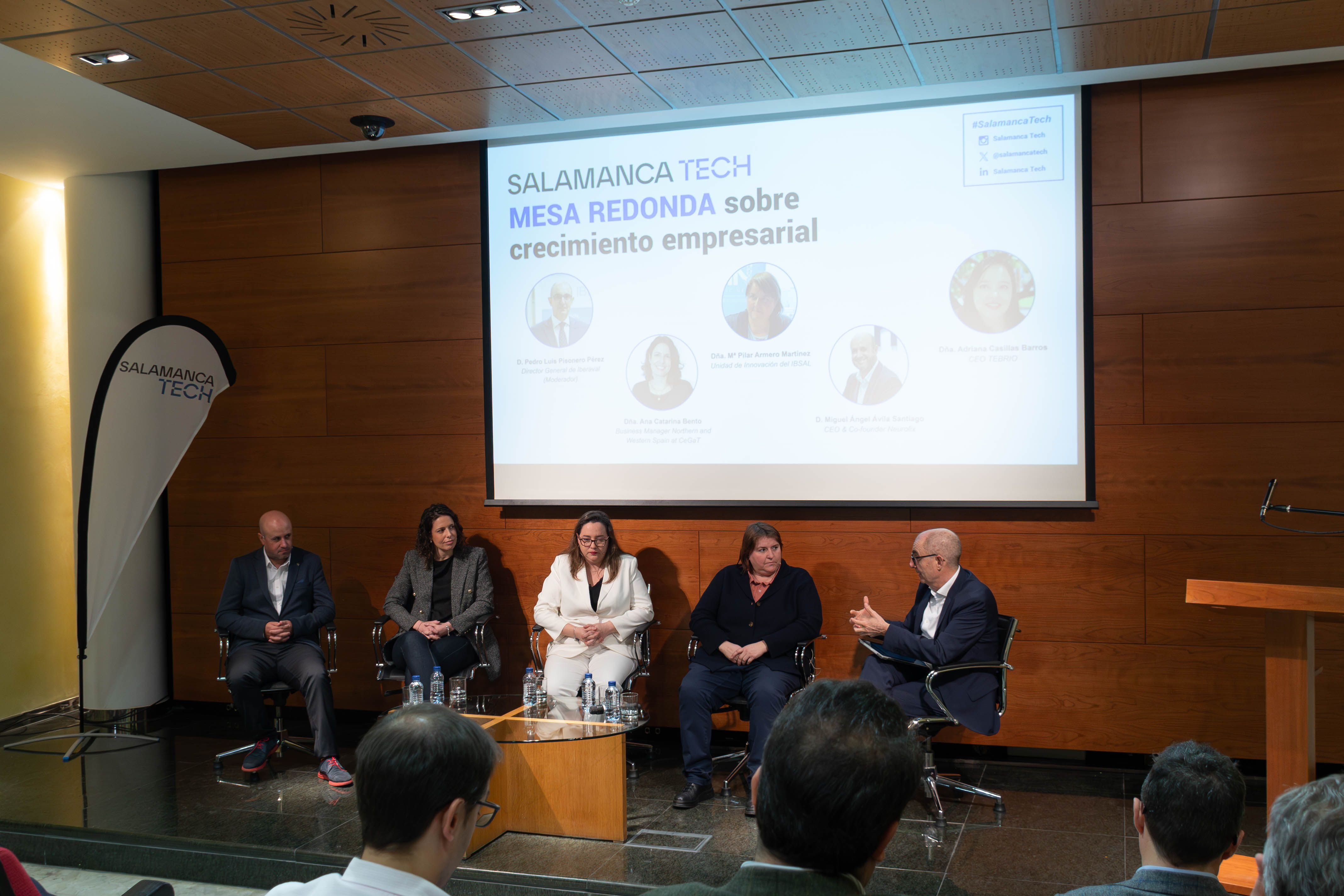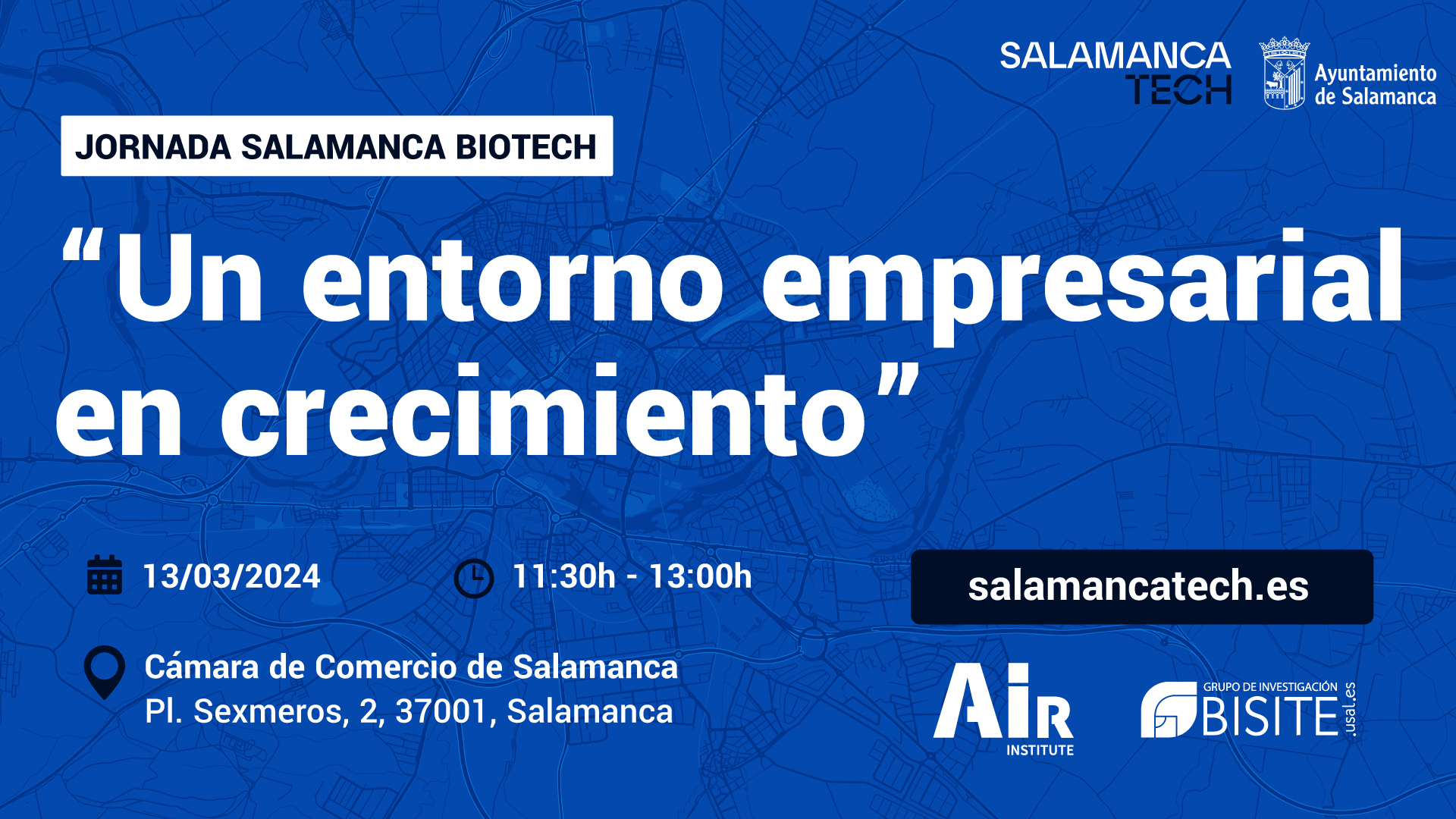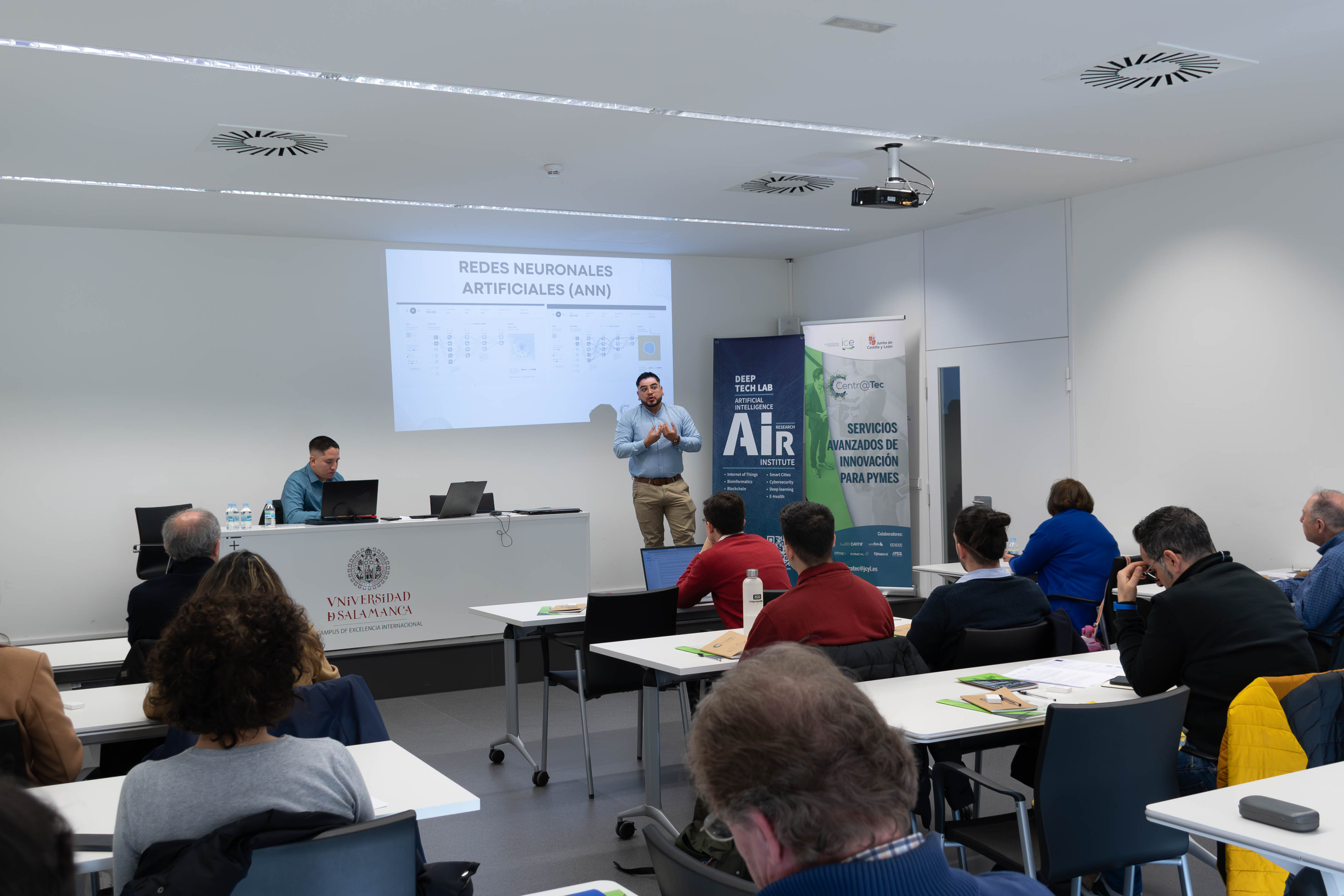Care of the environment and increases in the price of electricity are two, very current issues and we hear and read news on these topics daily. Such has been its importance in the last years that research, at the service of citizens, has used all its tools to solve or at least improve the existing situation.
The ecoCASA project will address the problem of energy efficiency from the human dimension, helping to understand users’ energy consumption in the context of their needs, capacities, resources and individual and organizational motivations. Thanks to this new dimension, end users will be provided with quality information, clearly presenting both their limitations and their social and cultural opportunities, which will allow them to pursue a behavioral change that leads to an increased energy efficiency and independence at the individual level.
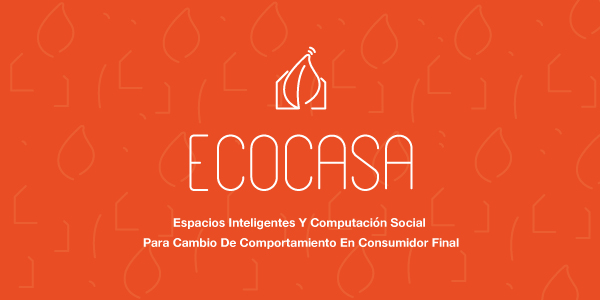
One of the tasks of ecoCASA is the construction of a social machine, helping an analysis of user opinions and establishing behavioral patterns, to then, give shape to an efficient energy consumer. More specifically, the measurement of energy consumption at home, of each of the existing appliances, through sensors and smart meters. Such information, in accordance to the information gathered from the individual, will enable the system to make recommendations to users to help them change their behavior toward a more efficient one. For this change to occur, machine-person interaction is essential and with it, a reduction in energy consumption and emissions will come.
In the pursuit of this project, we work with partners who are renowned in this area, such as Innovati and Sensing & Control; together with our BISITE Research Group. Without any doubt, we will have a great success in the energy saving challenge. This project is financed by the Ministry of Economy and Competitiveness and co-financed by the European Regional Development Fund (ERDF) through the 2016 RETOS-COLABORACIÓN call (Reference: RTC-2016-5250-6) and will end in March 2019.
Our research group has a long history and an active line of research in this field.

